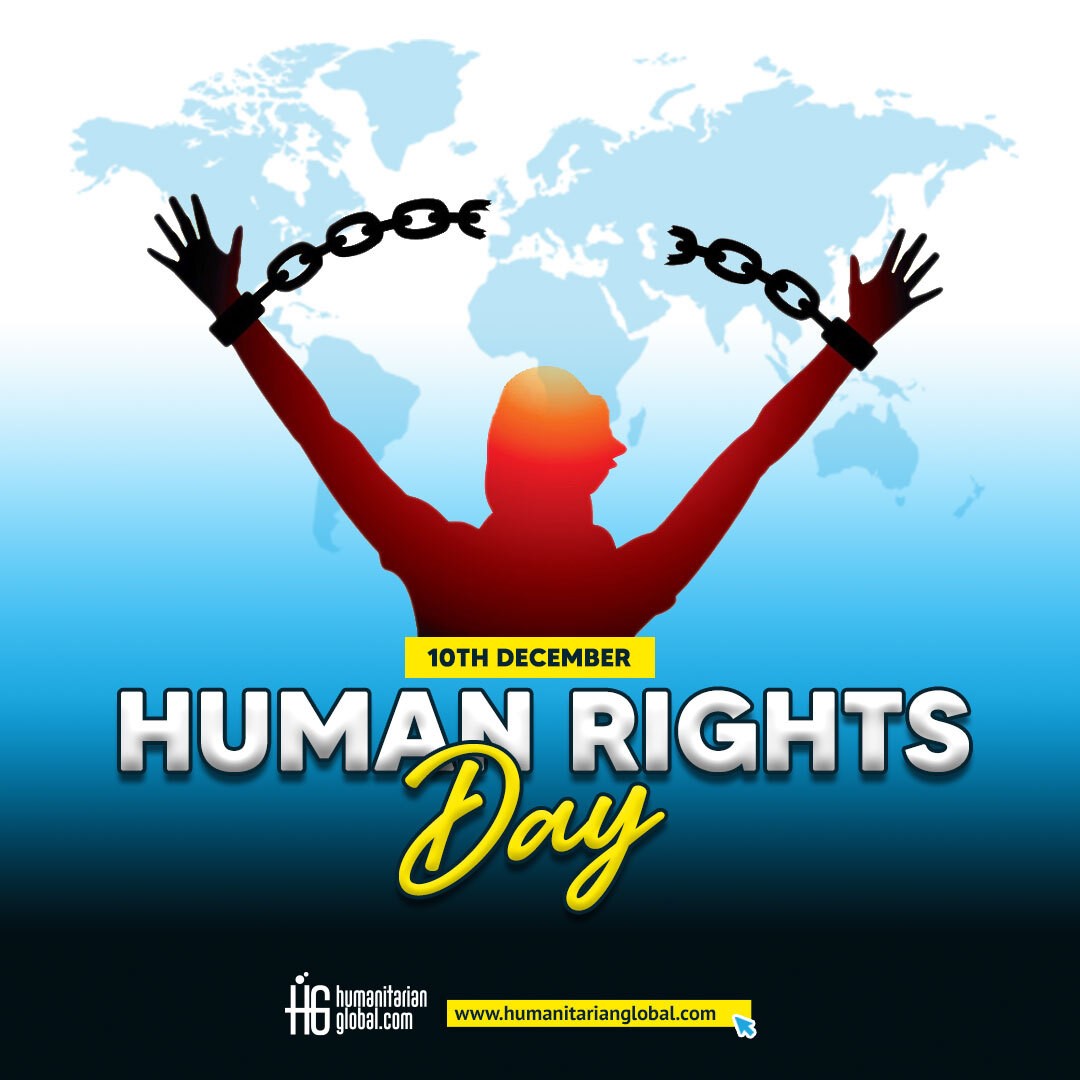The History of International Human Rights Day
International Human Rights Day is commemorated on 10th December every year. The familiar words that linger on when we hear the term human rights are – freedom, equality, peace, justice, dignity, hope, prosperity, and lawful living. The day was adopted by the United Nations General Assembly in 1948 through the resolution of the Universal Declaration of Human Rights. Although this day is observed on 10th December, it is not restricted to a single day’s celebration. Instead, it follows up for a whole year till the anniversary date.
The Universal Declaration of Human Rights consists of an introduction and 30 articles that set out a wide range of fundamental human rights and freedoms that everyone in the world is entitled to. It warrants our rights regardless of gender, nationality, place of residence, national or ethnic origin, language, religion, or any other status. The Declaration was outlined by representatives of all legal traditions and regions, and it has since been agreed upon as a contract between Governments and their people. It has been accepted by all states, and it serves as the basis for a growing human rights protection system that currently also focuses on vulnerable groups such as indigenous people, persons with disabilities, and migrants.
The Theme of International Human Rights Day 2021
The theme of this year’s International Human Rights Day is “EQUALITY – Reducing inequalities, advancing human rights”. It relates to ‘Equality’ and Article 1 of the UDHR – “All human beings are born free and equal in dignity and rights.” Equality and non-discrimination are principles that are at the heart of human rights. Equality aligns with the 2030 Agenda and the UN approach in the document Shared Framework on Leaving No One Behind: Equality and Non-Discrimination at the Heart of Sustainable Development. This entails dealing with and solving deep-rooted forms of discrimination facing the most vulnerable people in societies, including people with disabilities, women and girls, people of African descent, indigenous peoples, LGBTIQ people, migrants, among others.
A development approach based on human rights, i.e., inclusion, equality, and non-discrimination – is the best possible way to mitigate inequalities and get back on our path towards realizing the 2030 Agenda. The COVID-19 pandemic has brought the world to a climax: we can either take the collective action route by explicitly addressing the rising pervasive inequalities across the globe or keep on the route full of pervasive inequalities and deep-rooted injustices. Equality can help break poverty cycles by giving young people the world over the same opportunities, helping advance the right to a healthy environment, and helping tackle the root causes of crisis and conflict.
All Human, All Equal
Equality means everyone, not just rich nations, gets equal access to COVID-19 vaccines and that everyone can lead a dignified life, regardless of who they are or their birthplace. According to UN Human Rights High Commissioner Michelle Bachelet, equality means embracing our diversity and demanding that everyone is treated without any form of discrimination. On International Human Rights Day 2021, we address structural discrimination and pervasive inequalities with human rights-grounded measures. It requires everyone’s participation, renewed political commitment, and a more fair distribution of power, opportunities, and resources.
Equality and non-discrimination are the keys to preventing some of the most significant global crises of our time. Human rights have the ability to tackle the root causes of crisis and conflict by eliminating exclusion and inequalities, addressing grievances, and allowing the participation of people in decision-making that impacts their lives. Societies that promote and protect human rights for all are more sustainable and resilient and are better equipped to overcome unforeseen crises such as pandemics and the effects of the climate crisis. As we march on the path towards the 2030 Agenda for Sustainable Development and countries commit to leave no one behind, we must aim for a world where a life of equality in rights and dignity is a lived reality for everyone.
The Significance of International Human Rights Day
- International Human Rights Day commemorates the day in 1948 when the Universal Declaration of Human Rights was adopted by UN General Assembly.
- The country’s youth should lead the country and act as change-makers in transforming the scene of human rights in respective countries. This particular day empowers them to do just that.
- The zeal and potential of the youth can build the next generation of leaders and a different place for human rights to soar and be attainable to the more significant population.
- We celebrate this day to create awareness about the elementary rights of human beings and publicize the UN’s efforts to mobilize the global population in issues of human rights.
- Human rights are every person’s necessities, regardless of caste, religion, creed, sex, nationality, community, or economic status. The youth should actively engage in the promotion, protection, and preservation of human rights.
- A civilized society practices human rights and mobilizes people to question the wrong in authorities.
On International Human Rights Day 2021, we choose to take the path that leads us to a future with equality at its core. Happy International Human Rights Day!







